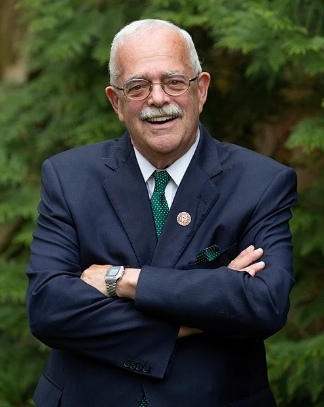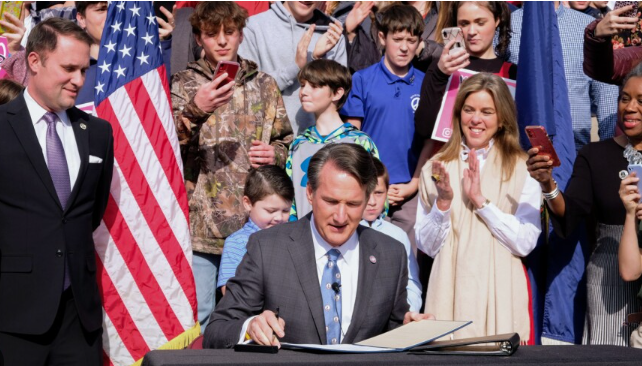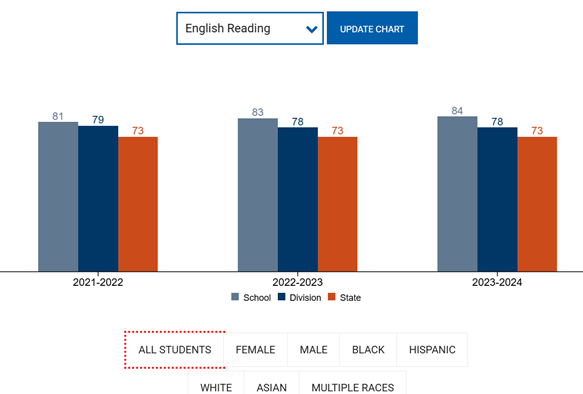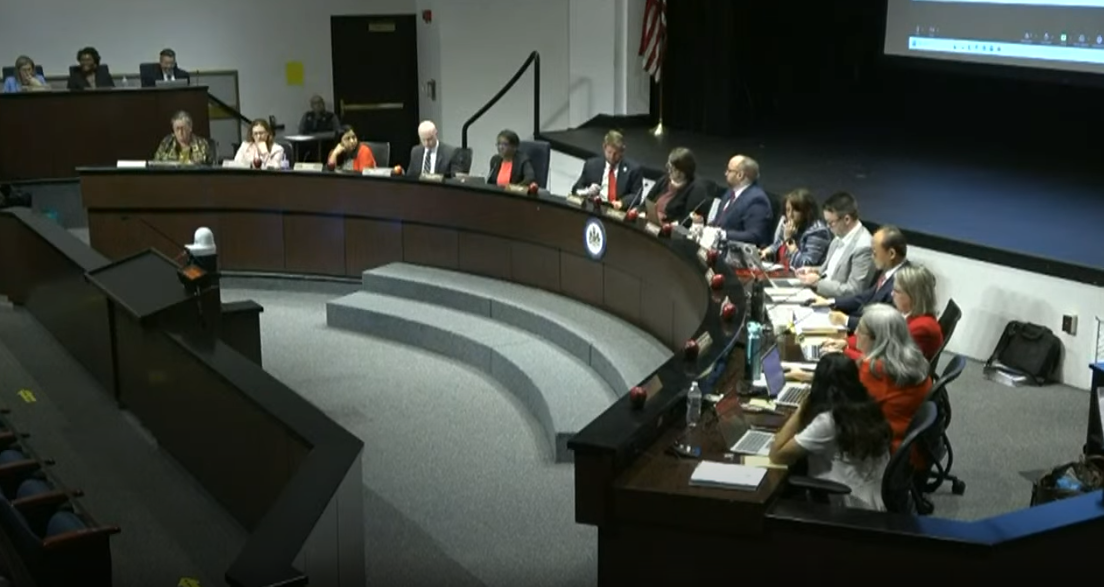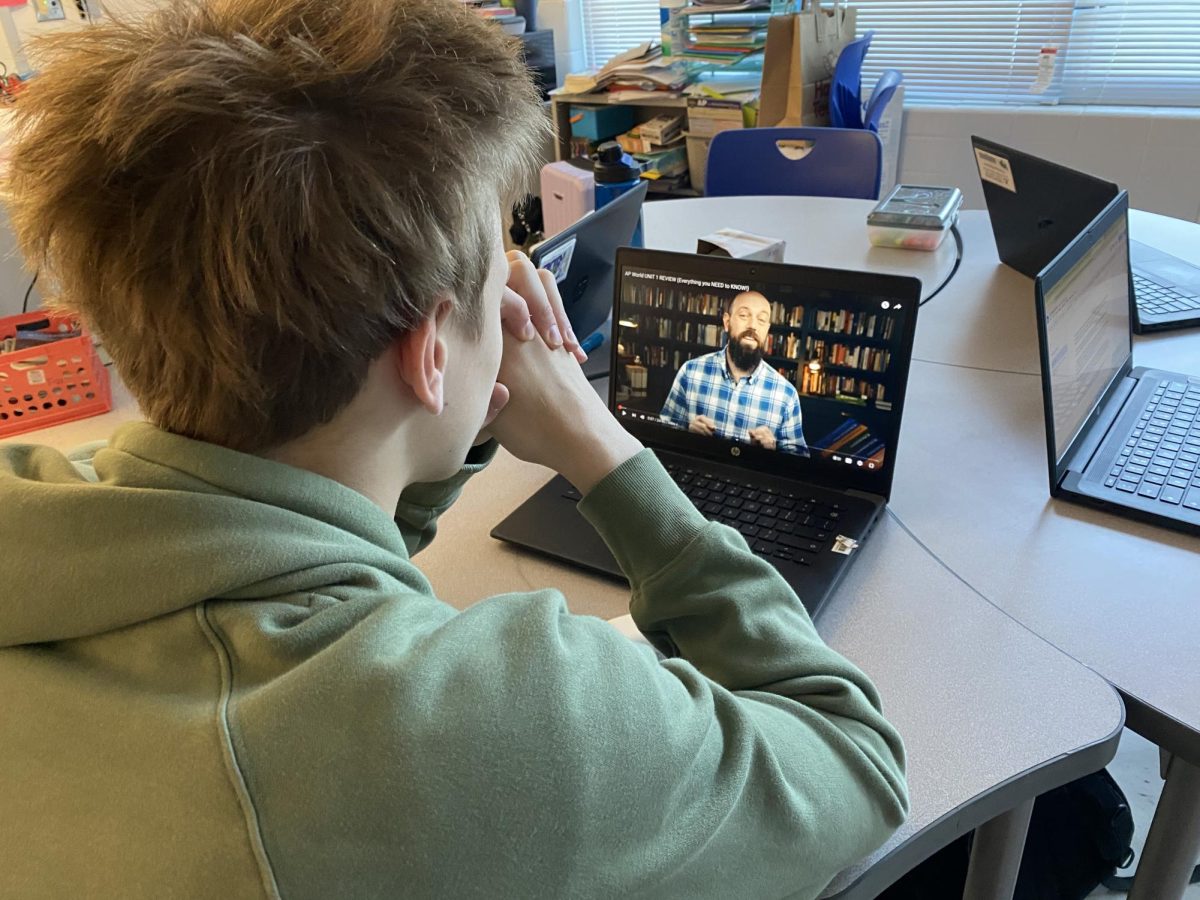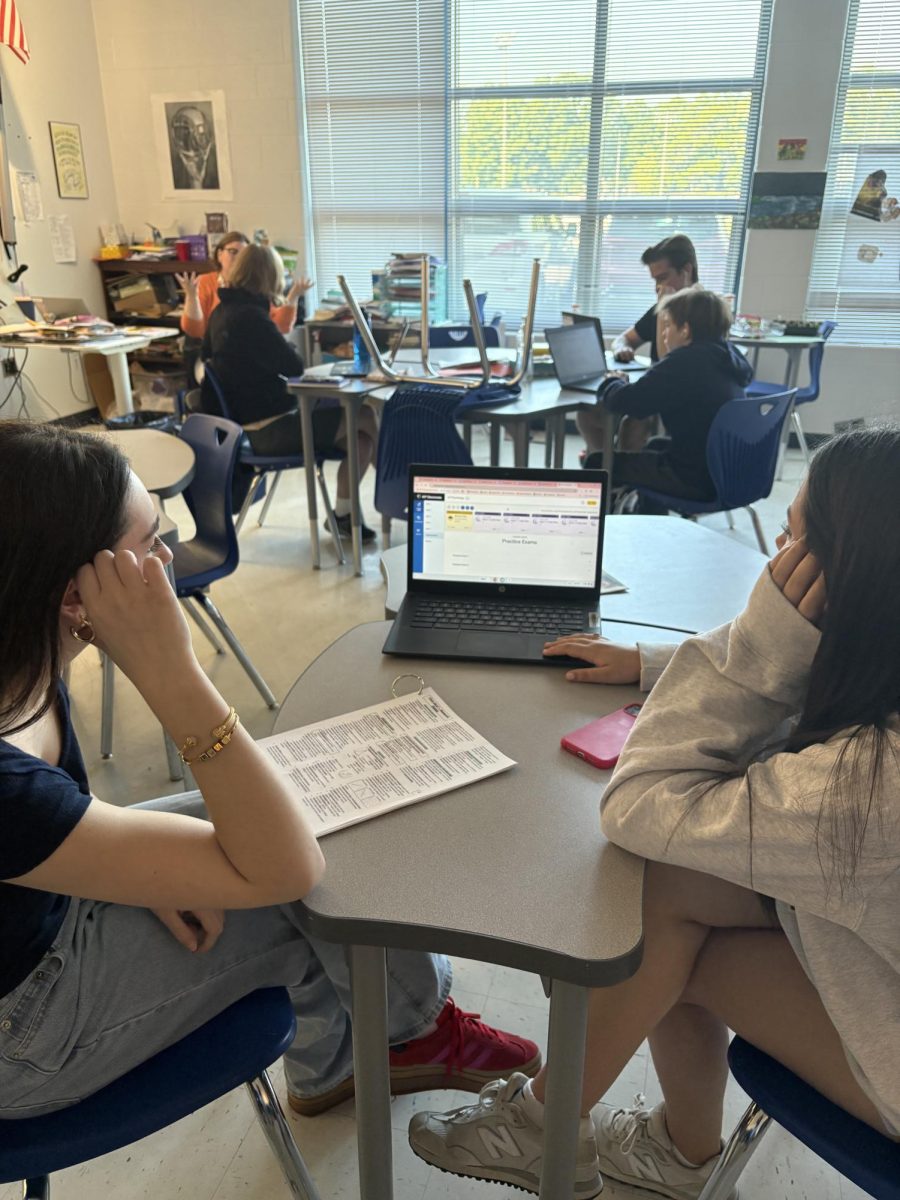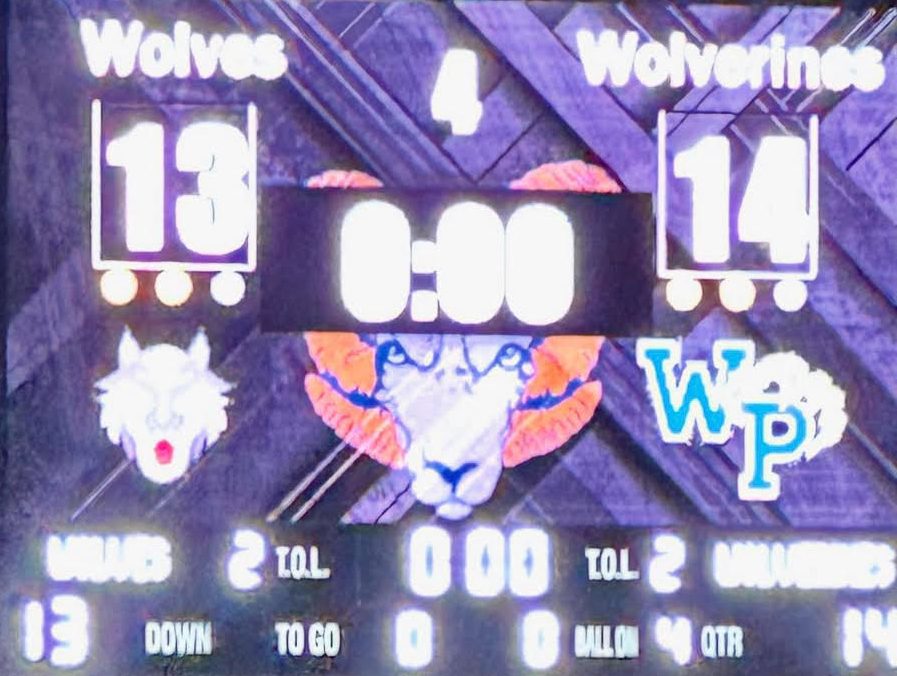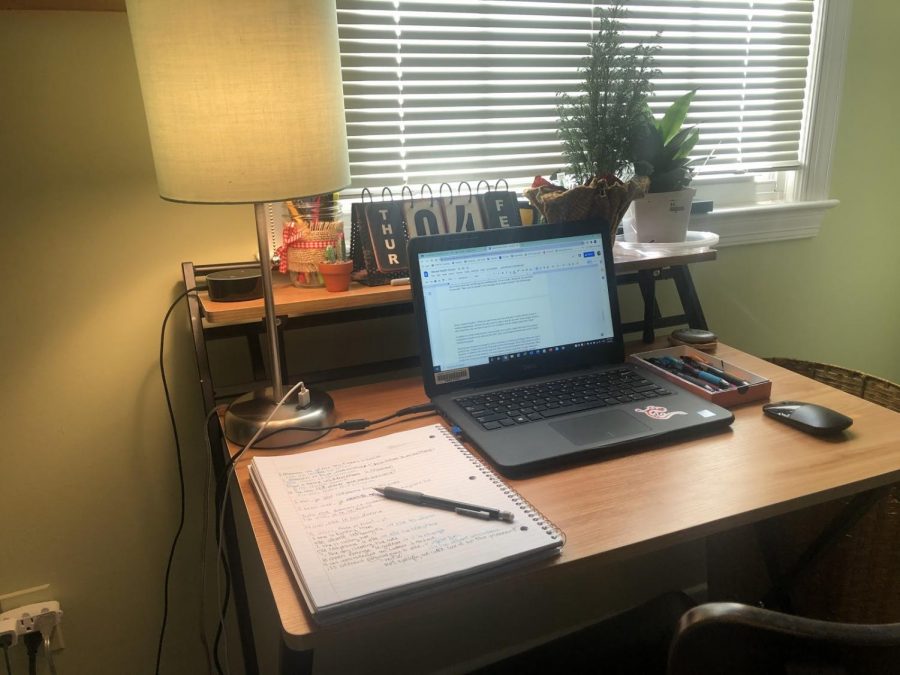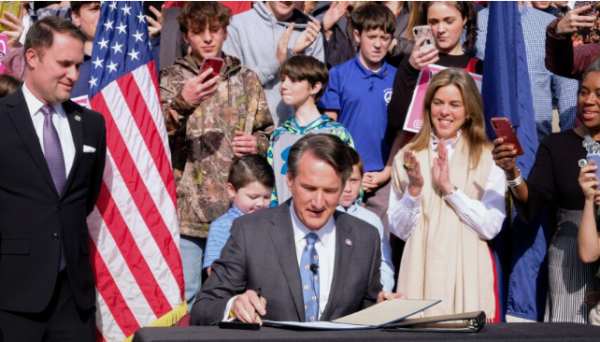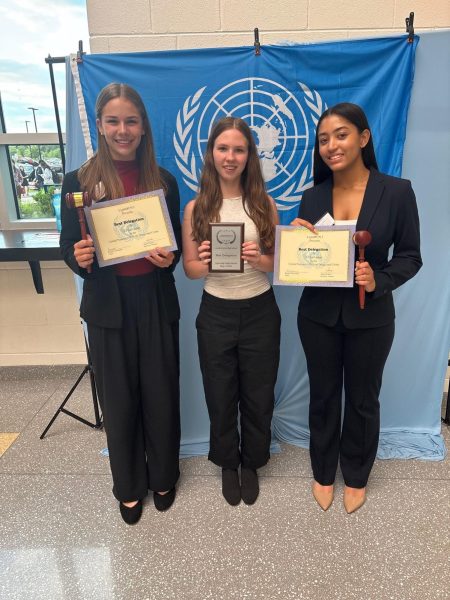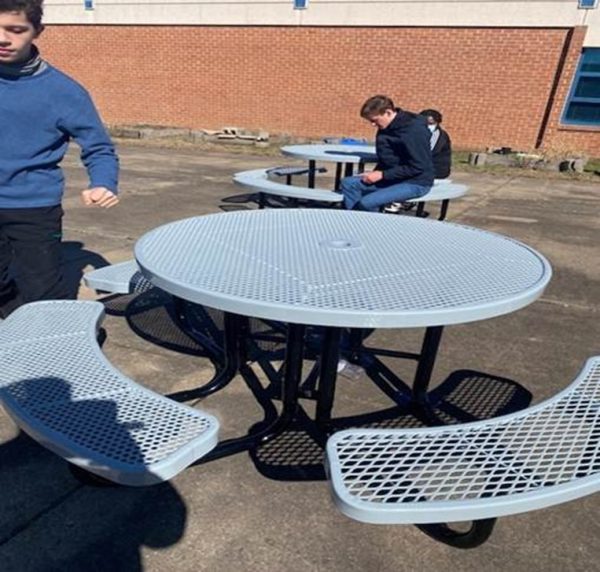Students Face Detriment to Their Mental Wellness as Virtual Learning Continues
In the U.S., 45% of high-school age students feel stressed from school and due to the pandemic, this number increases. Virtual learning lacks social interaction and encourages screen fatigue, which have been primary factors in the decline of student mental wellness.
Prior to winter break, Ms. McDonough, school psychologist, worked with other mental health staff to build an advisory lesson to teach students about their mental health, “The pandemic is a huge traumatic event and it has affected all of us. Our whole purpose of doing these lessons was to help you understand that trauma can get worse when people don’t really deal appropriately.”
Mrs. Piechoski, school counselor, is also involved in improving student wellness. “Across-the-board, all school counselors are always concerned about student mental health… I like to be able to reach out and connect with my kids and it is really hard to do over the computer.”
Kiara Irizarry-Sobel, a high school freshman, is spending her first year virtual. She finds that this year has been more stressful than others – mostly because it is digital. Her most challenging aspect of virtual learning is the technology. Frequently, her Wifi will cut out, which boots her from live calls or erases her work on a document. “Sometimes, you can’t hear what the teacher is explaining. You get too embarrassed to stay after class and ask them, so you’re just there like, ‘“what should I do?’” Her working space is in her room and it’s closed off from her family, which she feels is important to being able to focus. Even though she’s away from the rest of the house, she can still get distracted.
Irizarry doesn’t believe that she is engaging with her peers in class, even though some teachers form breakout rooms to encourage discussion, “[In breakout rooms,] you get paired up with people you don’t even know. It’s a forced conversation.”
Irizarry says she keeps contact with friends she had pre-pandemic. “I don’t really use Facetime. I play Minecraft and other video games. If we know we’re safe, I normally go biking with them. But I keep a mask on.”
Most years, Mrs McDonough would recommend limiting time spent playing video games, but this year she says, “Parents could be a bit more lenient as this is another way for kids to stay connected with each other.”
Mrs Piechoski says a counselor favorite is Houseparty, which is an app similar to Facetime, but with games and other interactive activities. She suggests “anything that makes you feel like you’re having a conversation in the same room.”
Virtual learning doesn’t provide the engagement that in-person school provides. Irrizary said she plans on attending school when it opens in March.
Mrs McDonough says, “The sooner we can get back to some semblance of normalcy, whatever that looks like, I think the better. We’re social beings, it’s been really hard to be isolated.” The Covid-19 vaccine is a glimmer of hope – at least once it’s more widely distributed. FCPS teachers have begun being vaccinated already..
Academically, Irizzary feels as though she is doing well. The rolling grade book has been of great use to her, “ I find it useful because you can bring stuff from other quarters to help raise your grade.”
Mrs. McDonough and Mrs. Piechoski agree that they have seen benefits in the rolling gradebook. If students receive better grades and are more relaxed about maintaining high grades, it might be worth keeping.
As a school counselor, Mrs Piechoski gives academic advice to many students every year. One of her tips for students to balance school work and mental health is this: “You should set some time to work each day, but then go do something else. Go on a walk, call friends, do something for yourself. “Take care of yourself” is the message we’re trying to preach.”
In addition to school related stress, recent events, such as the Capitol Riot and Black Lives Matter protests contribute to trauma. In an article by the ABC news, psychologists deemed the recent Capitol incident as trauma. Recently, Clark county schools district has experienced 19 student suicides since virtual learning began.
Students are strongly encouraged to visit a counselor or school psychologist if they are ever in need of help. Contact info for Ms Piechoski and Ms McDonough will be listed below for further inquiries. In addition, Mrs McDonough and other school psychologists hold clinical team office hours to support mental wellness. For more details on how to join their Google Classroom, contact the school psychology team or your advisory teacher. Mrs McDonough reminds students, “Absolutely come visit! You’ve got to visit to know if that’s something that you want to do… We’d love to see what’s on your mind.”
Mrs. McDonough, school psychologist – email at [email protected]
Mrs Piechoski, school counselor – email at [email protected] or reach out to your assigned counselor.
Hana Keenan is a freshman who enjoys culture, the arts, and telling terrible puns. She would love to one day travel outside of North America, preferably...



